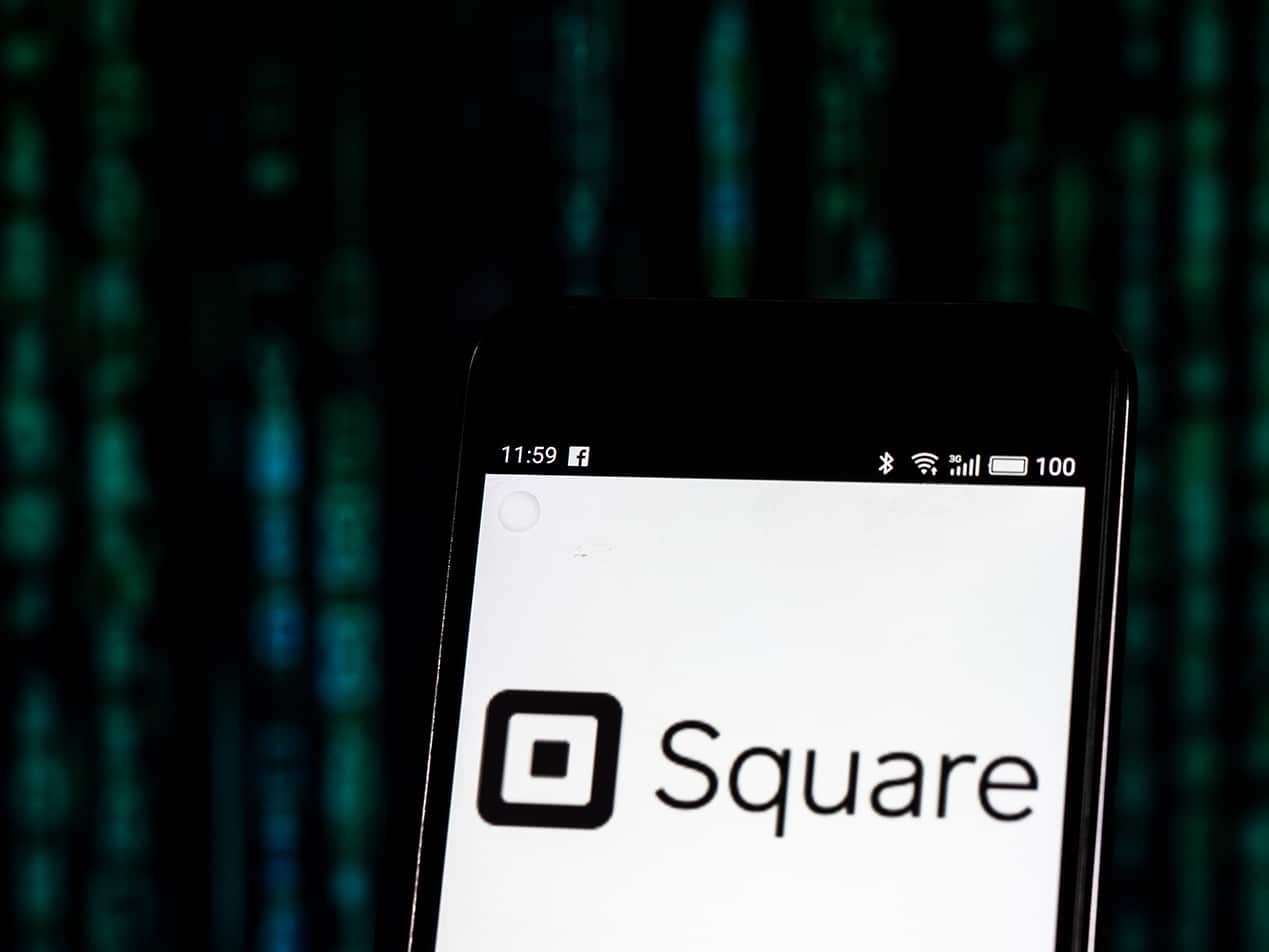
Square is a payment and business management platform that provides tools for payment processing, point-of-sale (POS) systems, and business analytics.
With Square, businesses can accept payments in person or online, manage sales and inventory, and access detailed reports. This helps organizations streamline transactions, improve customer experience, and efficiently manage their operations from one unified platform.
Is Square HIPAA compliant? Yes, based on our research, Square can be HIPAA compliant.
Will Square sign a business associate agreement (BAA)?
Yes, Square will sign a business associate agreement, which can be reviewed here.
What does the Square BAA cover?
The Square BAA covers the use and disclosure of protected health information (PHI), stating, "We take reasonable measures, including administrative, technical, and physical safeguards, to protect your information from loss, theft, and misuse, and unauthorized access, disclosure, alteration, and destruction.”
Conclusion
Square signs a BAA and is, therefore, HIPAA compliant.
Learn more: HIPAA Compliant Email: The Definitive Guide
FAQS
What is a business associate agreement?
A business associate agreement (BAA) is a legally binding contract establishing a relationship between a covered entity under the Health Insurance Portability and Accountability Act (HIPAA) and its business associates. The purpose of this agreement is to ensure the proper protection of personal health information (PHI) as required by HIPAA regulations.
What is HIPAA?
The Health Insurance Portability and Accountability Act (HIPAA) sets national standards for protecting the privacy and security of certain health information, known as protected health information (PHI).
HIPAA is designed to protect the privacy and security of individuals’ health information and to ensure that healthcare providers and insurers can securely exchange electronic health information. Violations of HIPAA can result in significant fines and penalties for covered entities.
Who does HIPAA apply to?
HIPAA applies to covered entities, which include healthcare providers, health plans, and healthcare clearinghouses. It also applies to business associates of these covered entities. These are entities that perform certain functions or activities on behalf of the covered entity.
Subscribe to Paubox Weekly
Every Friday we bring you the most important news from Paubox. Our aim is to make you smarter, faster.




